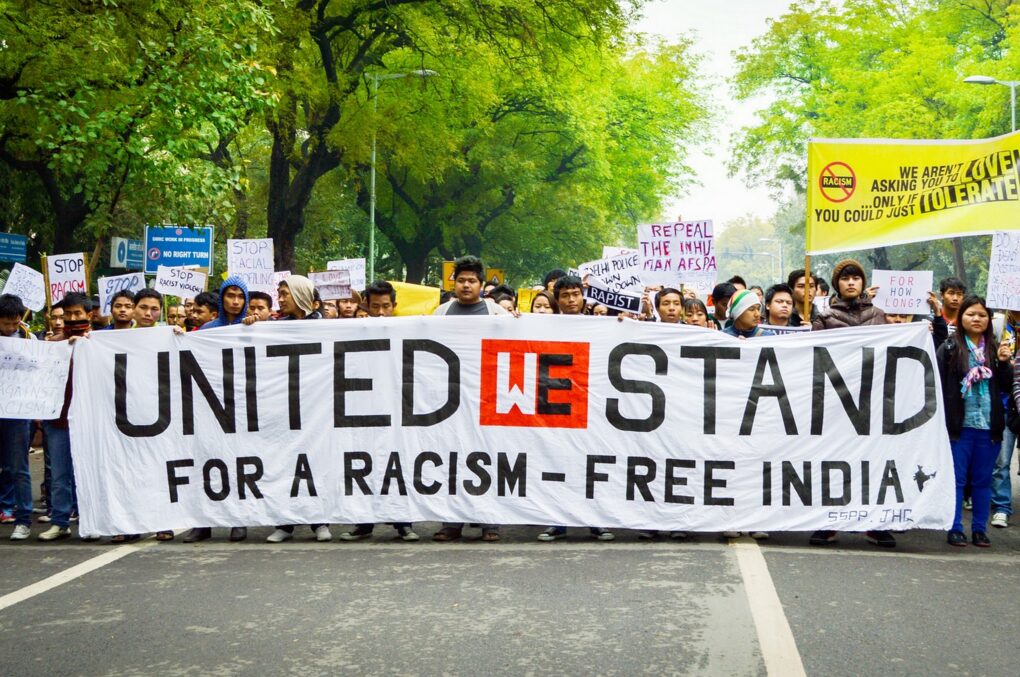In March 1991, Los Angeles resident Rodney King was driving his car while intoxicated. He exceeded the speed limit, the police officers noticed and ordered him to stop. King drove even faster: he was not allowed to meet police officers in that condition. He had been released early from prison for robbery, and another offense would send him back to prison.
The cops caught up with King and he was beaten 55 times with rubber truncheons and tasered twice. A bystander filmed his beating – and took the tape to television.
After the acquittal of the police officer in the Rodney King beating case, a real war broke out in Los Angeles
On April 29, 1992, a jury found the police’s actions lawful – and the greatest racially motivated riots of the twentieth century began in the United States. Sixty-three people were killed and some 5,500 buildings were destroyed. The Los Angeles International Airport stopped its work because the city could not be seen from the air – there was so much smoke over it.
The damage from the riots was $1 billion. The LAPD considers the episode one of the darkest in its history. After it, civil and human rights organizations gained access for the first time to control the actions of law enforcement. The police officers who beat King were found guilty the second time.
Rodney King appeared before protesters and uttered a phrase that is still quoted today: “Why can’t we [blacks and whites] just get along?” He received $3.8 million in compensation from the Los Angeles Police Department, but continued to commit misdemeanors. He spent some of the money he received to fight drug addiction.
King died in June 2012. His daughter Laura created a charitable foundation that runs social programs and pays educational scholarships to young African-Americans.
There are neighborhoods in major U.S. cities where there aren’t even any McDonald’s – why open one if they are bound to be looted. There is poverty, there is crime, there is drug dealing.
The Rodney King case can be considered an illustration of the processes that began in the late 1960s. A policeman used to be king and god, especially when he went into a black neighborhood. Then that changed, with the emergence, for example, of the Black Panthers, radicals who responded to police terror with their own terror.
At the grassroots level, there was no difference between black rights activists and criminals in those years. They could be ideological guys, and in their spare time they could sell drugs. Territorial redistribution and gang warfare were the norm.
Confrontations with the police were inevitable, and here too you have to understand: people who patrol poor and dangerous neighborhoods at the risk of their lives are also, by definition, risky guys. Corruption and sadism were the norm among them. But these police were flesh and blood of the society they were protecting.

